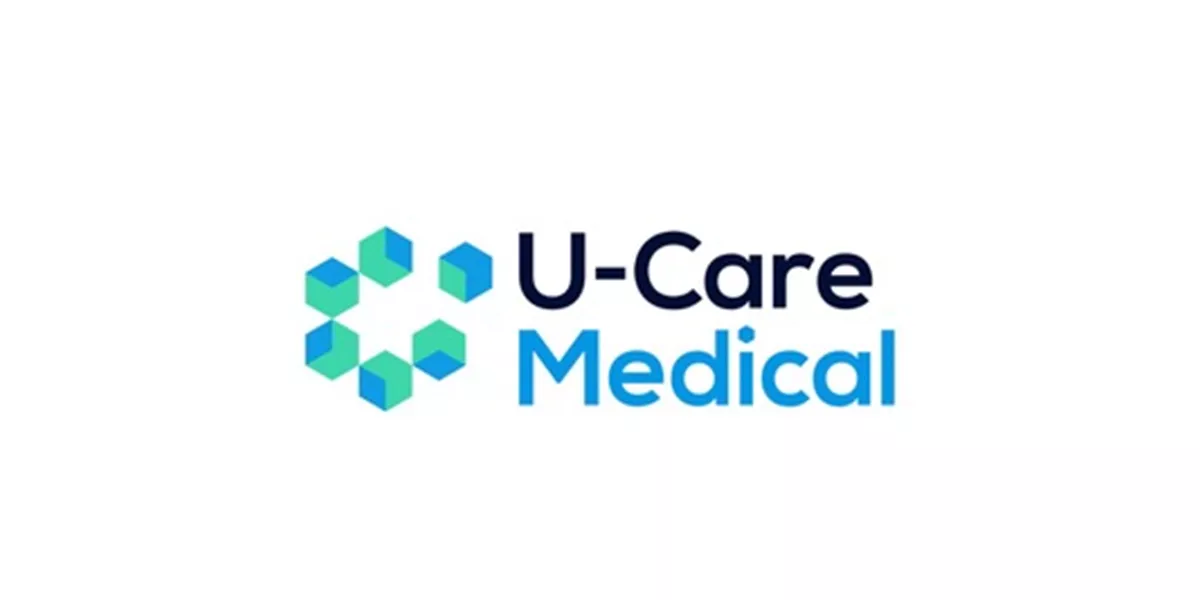UCM-IP
U-Care Infection Platform

Scheda del progetto





U-Care Medical offers the ''U-Care Infection Platform'' (UCM-IP), an artificial intelligence-based software for managing infections in intensive care.
Currently, treatment is reactive and empirical, causing 49 million infections and 10 million deaths each year, with healthcare costs of over 10 billion euros. U-Care-Medical seeks support to advance the platform from its current development level (TRL5) to a more advanced level (TRL8) through the development and validation of two AI modules: one for early prediction of sepsis and the other for personalized antibiotic management, aiming to reduce the clinical and economic impact of infections.
Contact:
Andrea Ancona
U-Care Medical needs support to develop the digital platform ''U-Care Infection Platform'' with two AI algorithms for predictive management of infections in intensive care, moving from TRL 5 to TRL 8 in 15 months. The platform aims to improve the monitoring of critical patients by integrating digital solutions into the National Health Service, promoting the transition to a more advanced care model.
The U-Care Infection Platform projects stands out for its innovation in the healthcare sector, replacing the empirical approach with chemical biomarkers with a digital and real-time solution. Compared to competitors, the platform is distinguished by its scalability, patient-centered multi-model approach, and trasparency of AI models. With the planned advancement from TRL5 and TRL8, the project aims to position itself as an international innovation in the health sector, with technological, social and economic benefits.
The U-Care Infection Platform offers early detection of sepsis and personalized antibiotic therapy, benefiting hospitals such as Maria Vittoria in Turin and Maggiore in Lodi. It reduces mortality (by up to 39,5%) and hospital stay duration, and cuts costs. It generates clinical, scientific, and economic impacts, promoting youth employment and gender equality. It strengthens the regional supply and supports local development.
